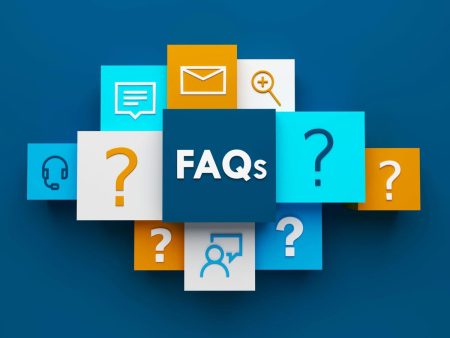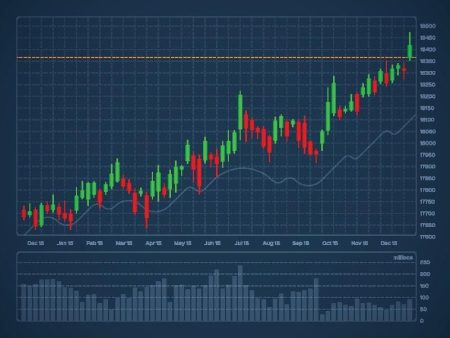Typically, your financial plan contains assets, liabilities, and investments. However, knowing the difference between these categories helps you to use them appropriately.
What is an Asset?
An asset is something that has value. When we say “value,” we don’t mean intrinsic value. Instead, the value of an asset is whatever people are willing to pay for it now.An asset can be anything from a comic book to crypto-currency to physical gold.
Some assets see their value increase with inflation. Others see a steep decline in value as they fall out of favor. Others still may be worth very little until a new market is opened for them.
Certain precious metals like gold or silver are examples of liquid assets. Liquid assets are easily converted into cash at their retail value because there are market makers who are always willing to buy or sell at the current rate. Other assets which have market makers include stocks, bonds, exchange-traded funds (ETFs), and mutual funds. These assets are liquid assets because there is always an available buyer at the current going rate.
The opposite of liquid assets are illiquid assets. If liquid assets change into cash as easily as water pours into a cup, illiquid assets change into cash as gracefully as rocks pour into a cup. That is to say, illiquid assets do not sell gracefully.
Unlike liquid assets, there is no standing market for illiquid assets. Because there is no standing market, the purchase price and the sale price of the asset may be very different. The difference between the price you can buy and the price you can sell is called the spread. The spread is typically where third party dealers are compensated. If the spread is wide enough, sometimes it is best to neither buy nor sell the illiquid asset.
For most people, their home is the largest illiquid asset they own. Home values typically increase with inflation over time, although it can be difficult to know what a home is currently worth. Appraisers and realtors will guess how much a home is worth, but even when there is agreement on its value it can sometimes take a while to find a buyer who is willing to purchase the home at that price. It requires time and effort to close a fair deal. Realtors are one way to outsource the work of selling a home, but they take a commission to compensate them for their effort. Also, while you are waiting for your house to sell, you are still obligated to pay for the home’s upkeep, insurance, and property taxes.
Illiquid assets can seem less volatile because the value of the asset is rarely known. However, oftentimes illiquid assets have more risk as there is no guarantee that a retail price you’ve spotted is similar to the value you can recoup if you tried to sell your asset.
What is a Liability?
A liability is a financial obligation or debt where you or your business must repay funds to someone else. Current liabilities require future sacrifices. Liabilities are, in essence, spending money before you have earned it.
Liabilities can include credit card debt, student loans, car loans, or a home mortgage.
Some debt can be used to increase your financial solvency. Keeping ownership of your assets while taking on a debt with a low interest rate may enable you to weather financial shocks and emergencies better. Most debt though is used to purchase something earlier than you could have otherwise purchased it. Making a habit of purchasing things that you cannot currently afford can be a dangerous and difficult habit to break. It is a habit which leads you into credit card debt and decreases your ability to handle life’s emergencies.
Each month you fail to pay off your credit card balance, you subject all your past and future spending to exorbitant interest rates of 18% or higher. To a financial planner, credit card debt is like having a cluster of thousands of baby spiders crawling on your body and under your clothes: You cannot act fast enough and there is no amount of modesty worth leaving the situation unresolved.
Other liabilities have a lower interest rate and therefore are not as critical.
Purchasing an education, a car, or your first home before you can afford to pay cash may have some advantage. But you need to make sure that your education, car, or first home is worth the expense.
If you are willing to have the liability, this can allow you to leverage your purchase of this asset. Leverage amplifies the return on these investments by using a smaller amount of your own capital. So long as borrowing the money costs less than you otherwise could earn with the capital this can be advantageous. But this also magnifies the losses as well as the potential gains.
A college education may earn you 80% more money than if you didn’t have one, but an education in photography has one of the worst job outlooks according to the U.S. Bureau of Labor Statistics. A car may transport you to a job, but hopefully you will make more at your job than you pay in costs for the car. And a mortgage can allow you to avoid paying rent, but if you overpay for a house it will be harder to recoup the costs.
Sometimes it can be helpful to think of some assets as fundamentally liabilities. For example, assets which do not generate income, do not appreciate in value, but require payments drag your finances down like a liability. A boat, horse, or second home are examples of this. They require a large amount of money to keep them, but normally there is no revenue or appreciation associated with having them. They are best thought of as simply an increase of the cost of your lifestyle or as a liability toward your lifestyle.
As Robert T. Kiyosaki, author of “Rich Dad, Poor Dad” says, “Rich people acquire assets. The poor and middle class acquire liabilities that they think are assets.”
What is an Investment?
An investment is when you use your money to buy something with the hope of making more money in the future. This can be things like stocks, bonds, or even a small business. The goal is to have your money grow over time through dividends, interest, or capital appreciation. The potential for earning a return is typically the main reason for making an investment.
It is important for investors to understand normal market movements before investing and be ready to weather downturns in the market. It is also important for investors to know the different levels of risk associated with each type of investment, how to diversify their investments among various asset classes, and what fees are associated with their investments. It is also important for investors to know the liquidity of an investment before purchasing. Some investments are liquid, meaning that you can sell them at any time and they are always publicly priced and traded. Other investments are difficult to get out of because there is not a liquid market available to sell them easily.
Many people misuse the term invest to mean a worthy place to spend your money, but the fact that you spent a lot of money does not make the thing you purchased an investment. If an investment is made in order to have your money grow over time, it helps you think of an investment as something that pays you money.
Read the full article here









